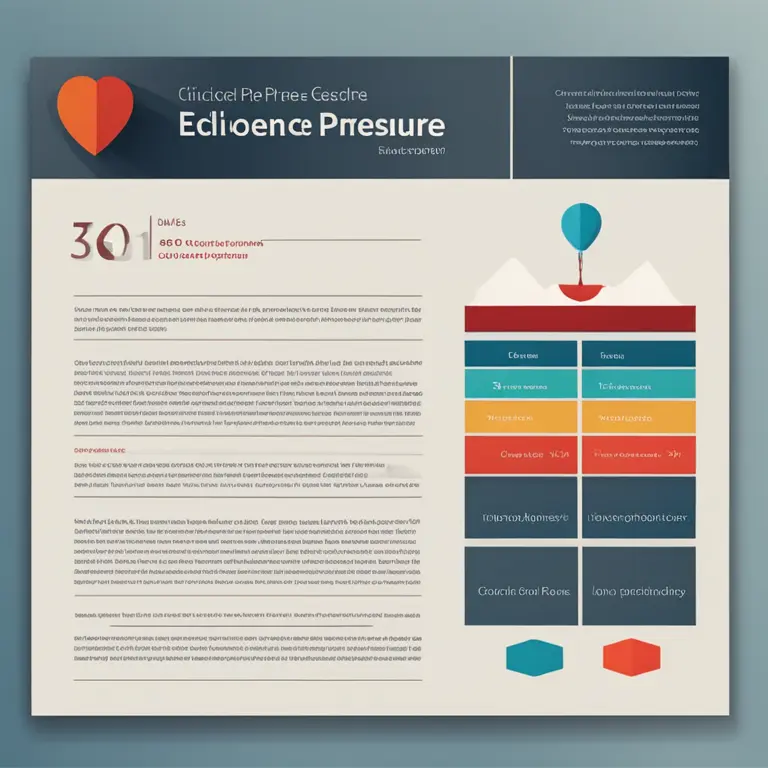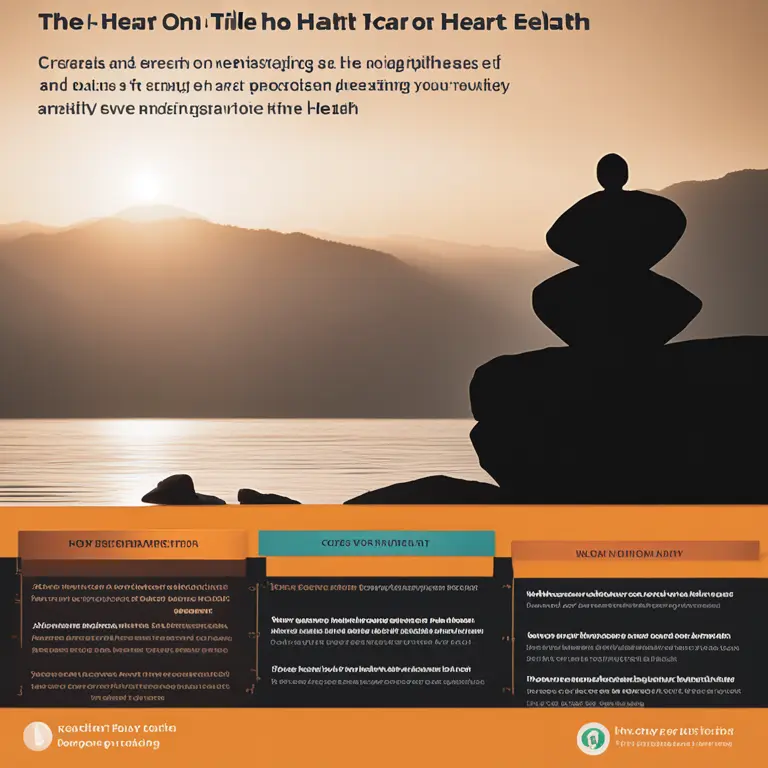
Meditation's Effect on Blood Pressure
Discover how meditation can contribute to lower blood pressure, offering a serene path to cardiovascular health in this in-depth article.
article by Hina Kurosawa
Meditation as a Healing Practice
Meditation has soared in popularity as a wellness practice, embraced for its multifaceted benefits on both mental and physical health. Central to this practice is the pursuit of mindfulness, which involves focusing one's attention on the present moment with an attitude of openness and non-judgment. This simple, yet profound, act of turning inward has been linked to a notable physiological benefit: the reduction of blood pressure. Studies continue to spotlight this connection, providing a beacon of hope for those seeking non-pharmacological interventions to manage hypertension and its associated risks.

The Mind-Body Connection
The intersection of the mind and body is nowhere more apparent than in the realm of stress and its physical manifestations. Chronic stress is a known contributor to high blood pressure, as it maintains the body in a constant state of fight-or-flight response, elevating stress hormone levels, and constricting blood vessels. Meditation introduces a counter-mechanism to this response by activating the body's relaxation response, a state of restfulness that is the polar opposite of the stress response, thereby nurturing a conducive environment for lowering blood pressure.

Clinical Evidence on Blood Pressure
A growing body of clinical evidence underscores meditation's role in reducing blood pressure. A meta-analysis conducted in 2023 reviewed the outcomes from various forms of meditation, including mindfulness-based stress reduction (MBSR) and Transcendental Meditation (TM). The results were consistent: regular meditation resulted in statistically significant reductions in both systolic and diastolic blood pressure among participants, particularly in those with hypertension or prehypertension conditions.

Meditation and Long-Term Heart Health
The benefits of meditation on blood pressure may extend beyond the immediate post-session effects, contributing to long-term cardiovascular health. The American Heart Association acknowledges meditation as a potentially beneficial adjunct to the standard treatment plan for those with cardiovascular risks. By effectively downregulating the body's stress response over time, meditation can serve as a valuable tool in the heart health toolkit, working alongside dietary modifications and physical activity.

Incorporating Meditation into Daily Life
Incorporating meditation into one's daily routine doesn't require extensive training or special equipment. Starting with as little as five minutes a day can yield measurable benefits. Guided meditations, apps, and local classes offer accessible entry points for beginners. The key is consistency, as the cumulative effects of regular meditation practice are what lead to significant health improvements, including the potential for reduced blood pressure levels.
Personalizing the Practice
As with any therapeutic practice, the approach to meditation is best individualized. Some may find solace in the structured practice of TM, while others might prefer the fluidity of mindfulness exercises. Experimentation with different techniques can help identify the most effective style for each individual. Commitment to regular practice is essential, as is patience, since the blood pressure-lowering effects of meditation can take some time to manifest fully.
Published: 1/18/2024
Modified: 1/18/2024
More predictions
Come back here soon to learn more about yourself and your future


Mindful Meditation Techniques Explored
Discover effective meditation mindfulness methods to enhance your wellbeing and spiritual journey.


Your Mindfulness Meditation Journey Explored
Step into serenity with this primer on conducting mindfulness meditation, designed to align your spirit with the peaceful rhythm of being.


Your Mindfulness Meditation Journey Unlocked
Discover a serene path to mental clarity and peace through this step-by-step guide to mindfulness meditation.